Tuyu Zheng, PhD

Ependymomas (EPN) are aggressive brain and spinal cord tumors that are especially difficult to treat in children and often come back after treatment. Recent research has shown that interactions between tumor cells and healthy neurons play a key role in EPN growth. It is not well understood, however, how exactly neurons contribute to this process. By mapping the neuronal environment and exploring the different types of neurons involved, Dr. Zheng hopes to uncover the mechanisms that drive EPN growth and find new ways to treat these tumors. Dr. Zheng received his PhD from Heidelberg University, Heidelberg, his MEng and MSc from University of Technology of Compiègne, Compiègne, and his BEng from Shanghai University, Shanghai.
Ian Blumenthal, PhD
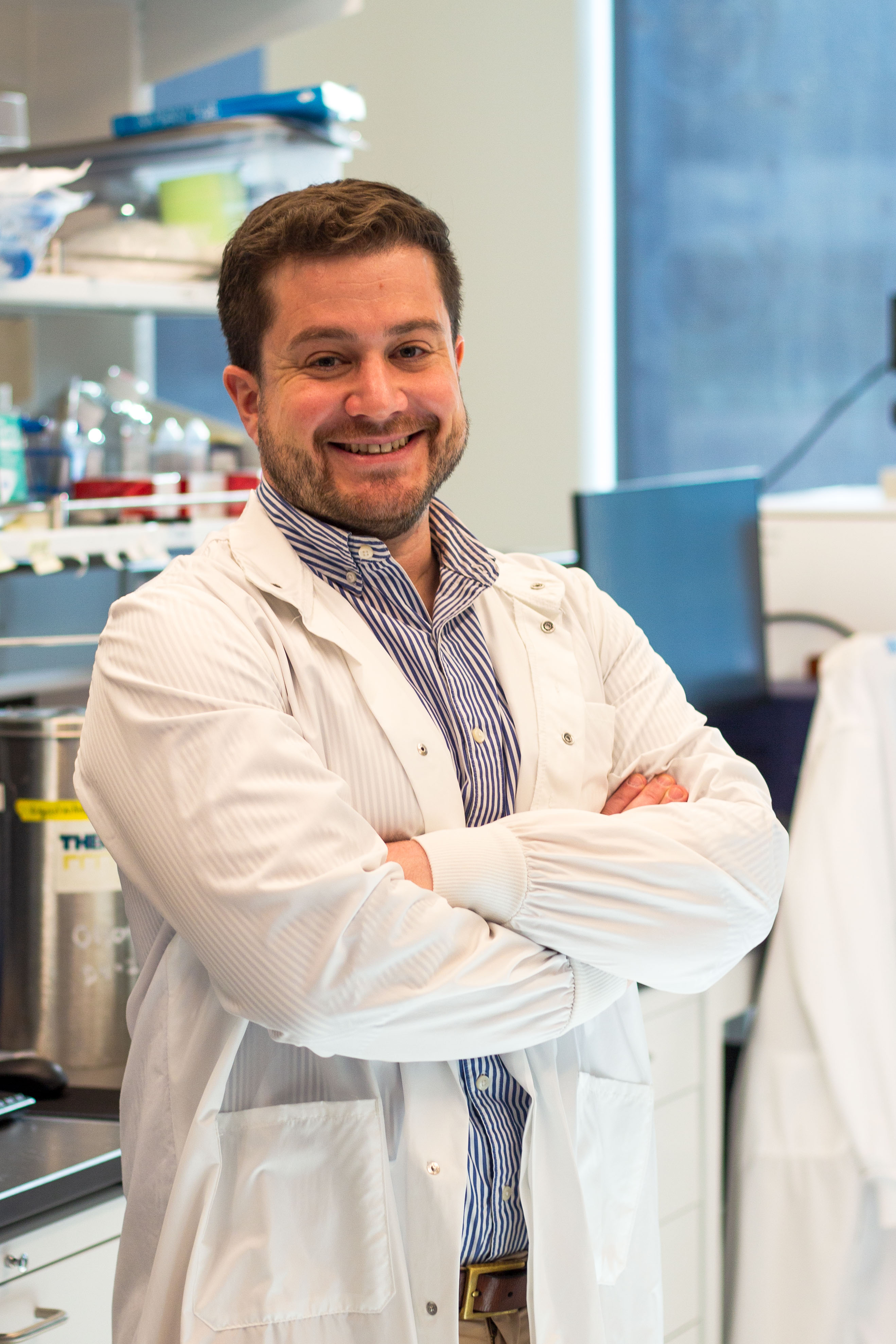
Diffuse midline gliomas (DMG) are uniformly fatal pediatric brain cancers in desperate need of novel treatments. Immunotherapies have offered some hope to patients, but durable clinical success remains elusive, highlighting the enormous challenge of selectively targeting these recalcitrant tumors while preserving healthy tissue. Dr. Blumenthal aims to address this need by building immune cell engagers—molecules that enable a patient’s immune cells to recognize and attack their tumor—that are capable of leveraging DMG’s inherent variability and immune defense mechanisms into a therapeutic advantage. He hopes that these innovative drug designs will not only provide superior efficacy against pediatric gliomas but also pave the way for next-generation immunotherapies that better address the dynamic nature of tumor biology. Dr. Blumenthal received his PhD from the University of Washington, Seattle and his BA and BE from Dartmouth College, Hanover.
Humsa S. Venkatesh, PhD

Brain cancers are one of the most common causes of cancer-related death and represent 120 molecularly distinct diseases. Despite advances in clarifying the genetic landscape of these cancers, they remain clinically intractable, underscoring the need to elucidate the complex factors contributing to their heterogeneity. As neuronal activity is known to govern the development of neural circuits and neuroplasticity, it is critical to consider these neural networks in the context of disease. Dr. Venkatesh will use classical and systems neuroscience approaches to determine how the nervous system contributes to brain cancer progression. A comprehensive understanding of malignant neural network interactions may lead to novel therapeutic interventions aimed at normalizing the tumor microenvironment.
Costanza Lo Cascio, PhD
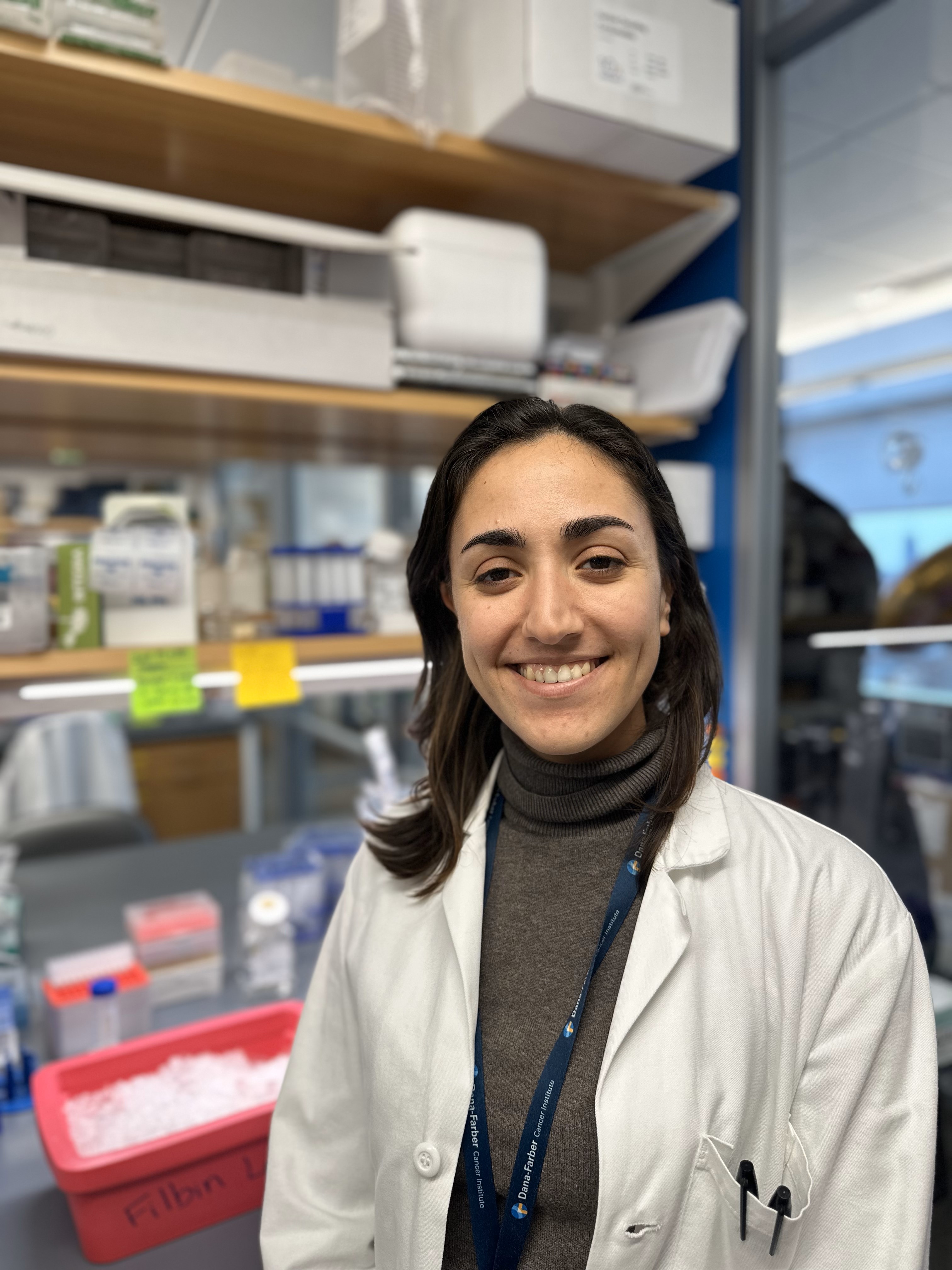
Pediatric diffuse midline gliomas (DMG) are incurable brain cancers with no long-term survivors. To date, radiation therapy remains the standard of care but improves survival by only a few months. Despite intense research efforts over the past four decades, there is still a lack of mechanistic understanding of the biology underlying DMG radioresistance. Dr. Lo Cascio is studying how DMG tumors exploit interactions with surrounding normal neurons to survive radiation-induced cell death. While there is ample evidence that communication between neurons and DMG cells is critical to fuel tumor growth, whether this neuron-glioma crosstalk contributes to treatment failure is unknown. Dr. Lo Cascio hopes by pushing the boundaries of our knowledge of the neuron-glioma intercellular dialogue, she can identify resistance mechanisms that can be targeted to sensitize these lethal tumors to radiation therapy. Dr. Lo Cascio received her PhD from Arizona State University, Tempe and her BS from University of Bath, Bath.
April A. Apfelbaum, PhD
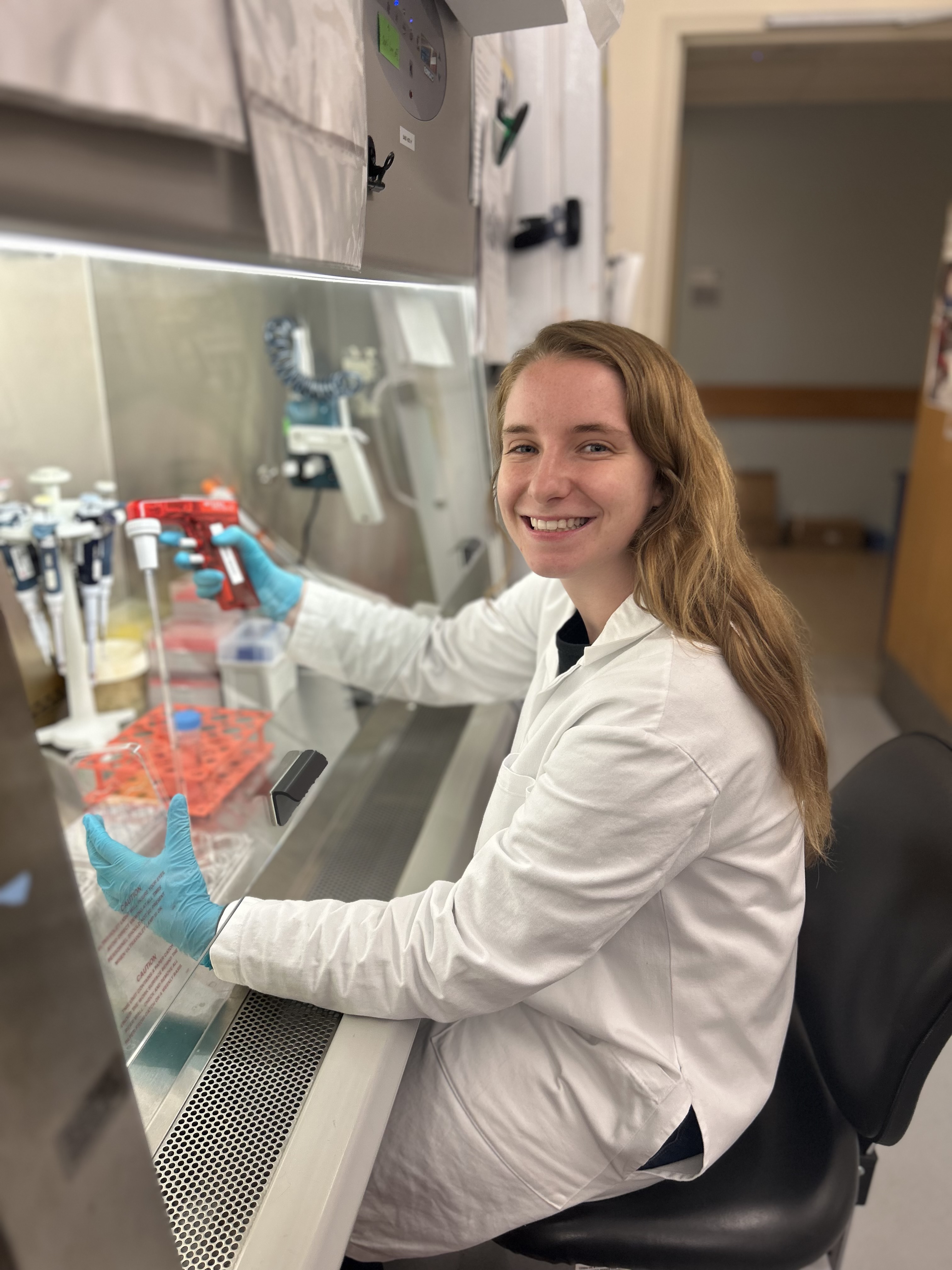
Brain cancers are the leading cause of cancer-related deaths in children. A significant percentage of these tumors are classified as gliomas—diseases for which new therapies are desperately needed. A protein called tyrosine kinase FGFR1 is altered in 10% of pediatric gliomas. Dr. Apfelbaum aims to investigate critical genes in FGFR1-altered pediatric gliomas to understand the biological mechanisms driving these cancers. Her research hopes to uncover new therapeutic targets and mechanisms of FGFR1-mediated oncogenesis in pediatric gliomas, but since FGFR1 is commonly altered in many tumors, her findings may reveal a common oncogenic mechanism. Dr. Apfelbaum received her PhD from University of Michigan, Ann Arbor and her BS from Beloit College, Beloit.
Sangwoo Park, PhD
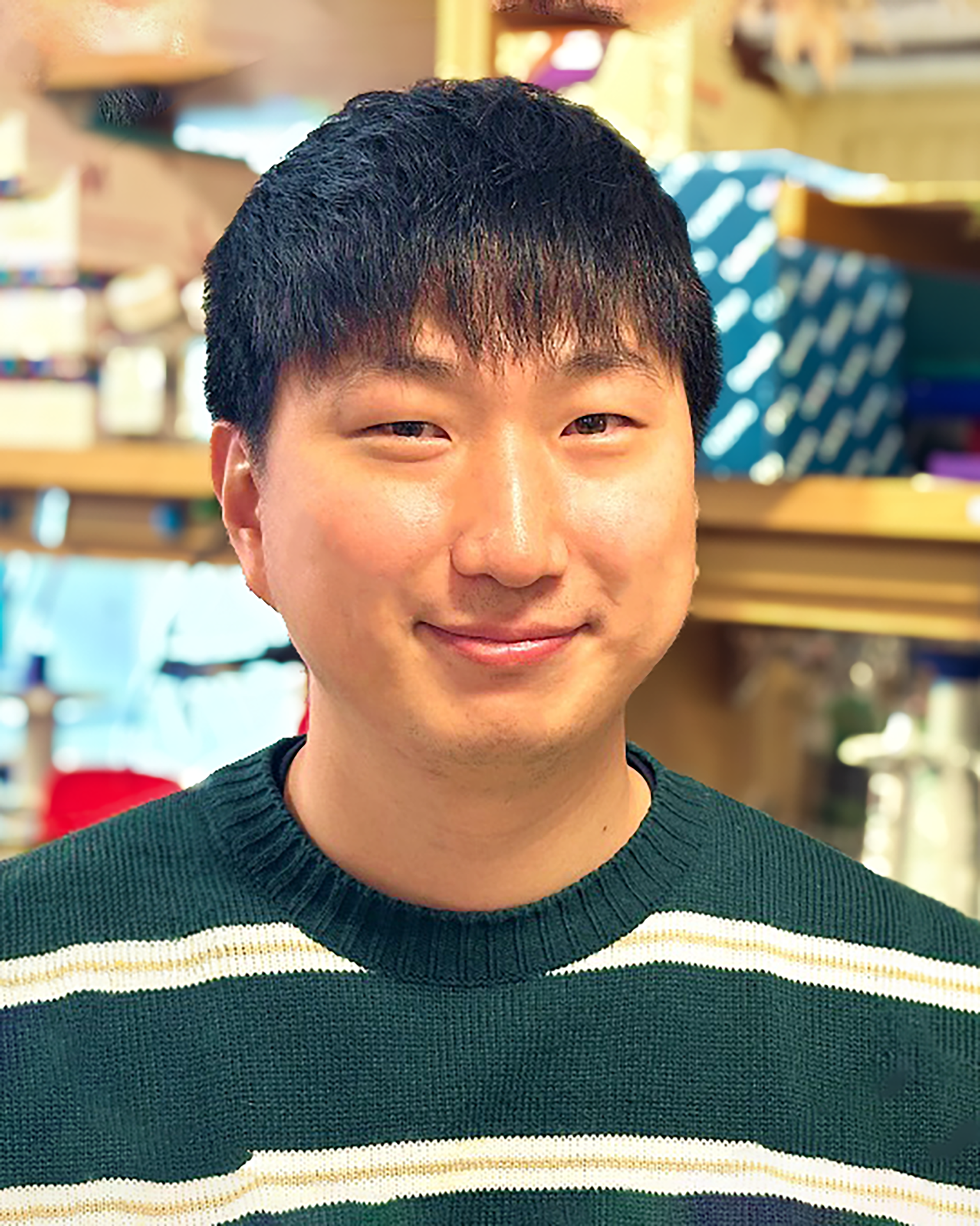
One way cancer cells evade immune attack is by constructing a thin material barrier called the glycocalyx on their surface to evade detection and destruction by surveilling immune cells. Tiny changes in the glycocalyx thickness, as small as 10 nanometers, can affect the anti-tumor activity of immune cells, including CAR T cells. Dr. Park’s [Merck Fellow] goal is to develop strategies to endow CAR T cells with the ability to penetrate the glycocalyx barrier in solid tumors such as breast cancer and glioblastoma. These strategies will increase the effectiveness of CAR-T cell therapy against solid tumors by overcoming a significant mechanism of immune cell evasion. Dr. Park received his PhD from Cornell University, Ithaca and his BS from Korea Advanced Institute of Science and Technology, Daejeon.
John R. Prensner, MD, PhD
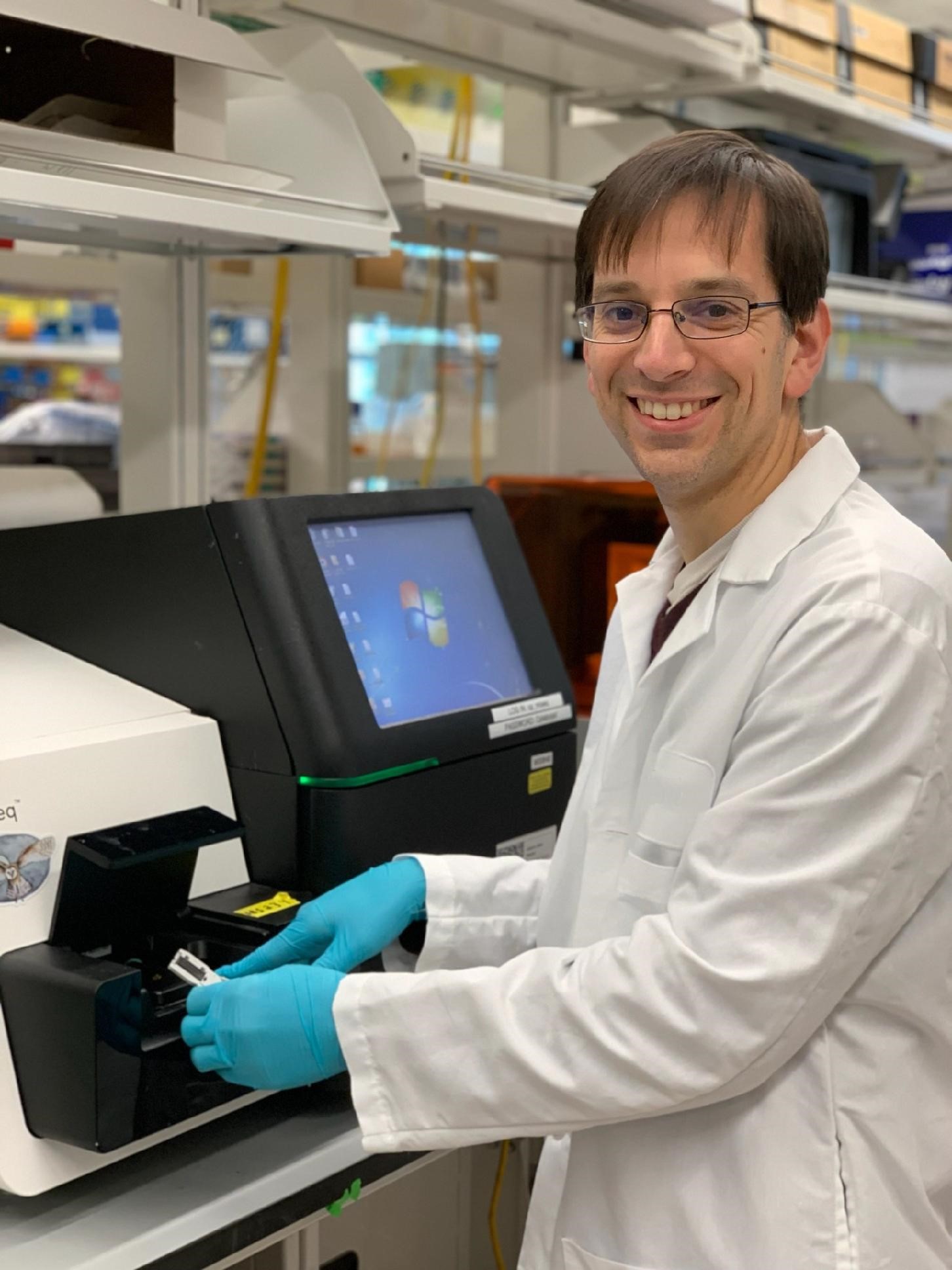
Wendy Xueyi Wang, PhD
Understanding how brain cells communicate at synapses—the junctions where neurons connect—is essential for understanding how the brain functions in both health and disease. Dr. Wang's [National Mah Jongg League Fellow] project aims to develop new tools to explore these intricate synaptic connections. Using spatially resolved RNA sequencing techniques, Dr. Wang can identify which genes are active in specific parts of individual neurons within intact brain slices. Additionally, she is creating novel tracers that can map neuronal connections without the toxicity and limitations of current methods. These advancements will not only enhance our understanding of normal brain development and function but also shed light on neurological disorders and brain cancers, such as gliomas, where cancer cells exploit synapses for tumor growth. This research holds the promise of revealing new therapeutic targets and strategies, potentially leading to improved treatments for various brain conditions.
Albert E. Kim, MD

A feared complication of malignant solid tumors is the development of brain metastases (BM), for which current treatments are limited and morbidity is high. While precision medicine approaches for BM have recently demonstrated promise, many patients are not able to benefit from this treatment approach as molecular analysis of BM tissue is not usually feasible. To address this obstacle, Dr. Kim [William G. Kaelin, Jr., MD, Physician-Scientist] will apply genomic profiling and deep learning methods to a rich dataset comprised of BM tissues, patient-matched brain MRIs, and cell-free DNA samples to develop techniques that reveal therapeutic targets within a patient’s BM. He hopes to identify ways to non-invasively characterize oncogenic drivers for a BM or monitor tumor evolution. These findings will demonstrate the potential of using algorithmic tools in the clinic to augment clinical decision-making and unlock opportunities for widespread application of precision medicine for BM.
Esteban A. Orellana Vinueza, PhD
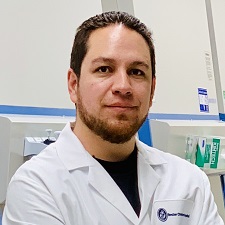
Dr. Orellana Vinueza is investigating whether changes that modify the shape, stability and function of transfer RNAs (tRNAs) play a role in the development of cancer. The tRNA molecules are involved in the process that translates messenger RNA into a protein. Dr. Orellana Vinueza focuses on a tRNA methyltransferase complex that malfunctions in glioblastoma and liposarcoma. He will assess how alterations in the activity of this enzyme affect global patterns of methylation in normal and human cancer cells. Methylation is the process that controls the timing and amount of proteins that are produced in cells. Understanding how this process breaks down may help decipher the mechanisms that drive cancer and guide the development of new treatments.
